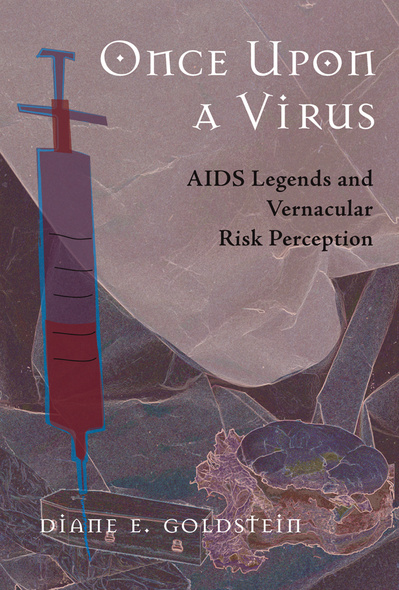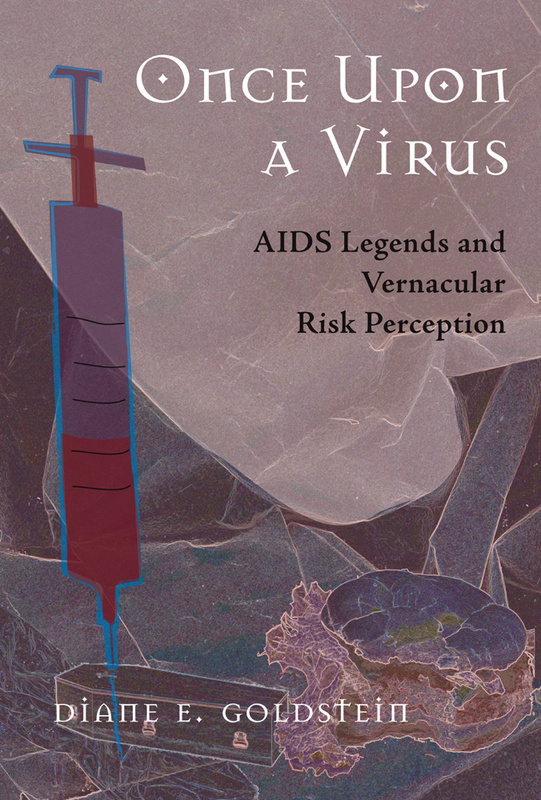Once Upon a Virus explores how contemporary, or "urban," legends are indicators of culturally complex attitudes toward health and illness. Tracing the rich tradition of AIDS legends in relation to current scholarship on belief, Diane Goldstein shows how such stories not only articulate widespread perceptions of risk, health care, and health policy, they also influence official and scientific approaches to the disease and its management. Notions that appear in narratives of who gets AIDS, how and why, are indicators of broad issues involving health beliefs, concerns, and needs.
'Throughout the book, Goldstein maintains an admirable balance of local detail and large picture, of vernacular and medical, of data and theoretical framework. She shows us fascinating pieces and builds them into a whole with broader implications for public health policy. This is an excellent, strong book—thoughtful, readable, important—addressing folklorists, health workers, and anybody else interested in how people think about and respond to matters of health and disease.'—Journal of Folklore Research
'[In] this crisply written and eminently readable book, folklorist Diane Goldstein uses contemporary legends and urban myths to explore the nature of lay perceptions of health risks around HIV/AIDS. . . . The book is highly recommended for a variety of audiences—those who follow contemporary legend and myth, students of sociology of health or media and popular culture studies, and public health practitioners. Finally, the book will also appeal to the general interest reader who seeks more insight into the role of a particular set of urban legends.'—Newfoundland Studies






